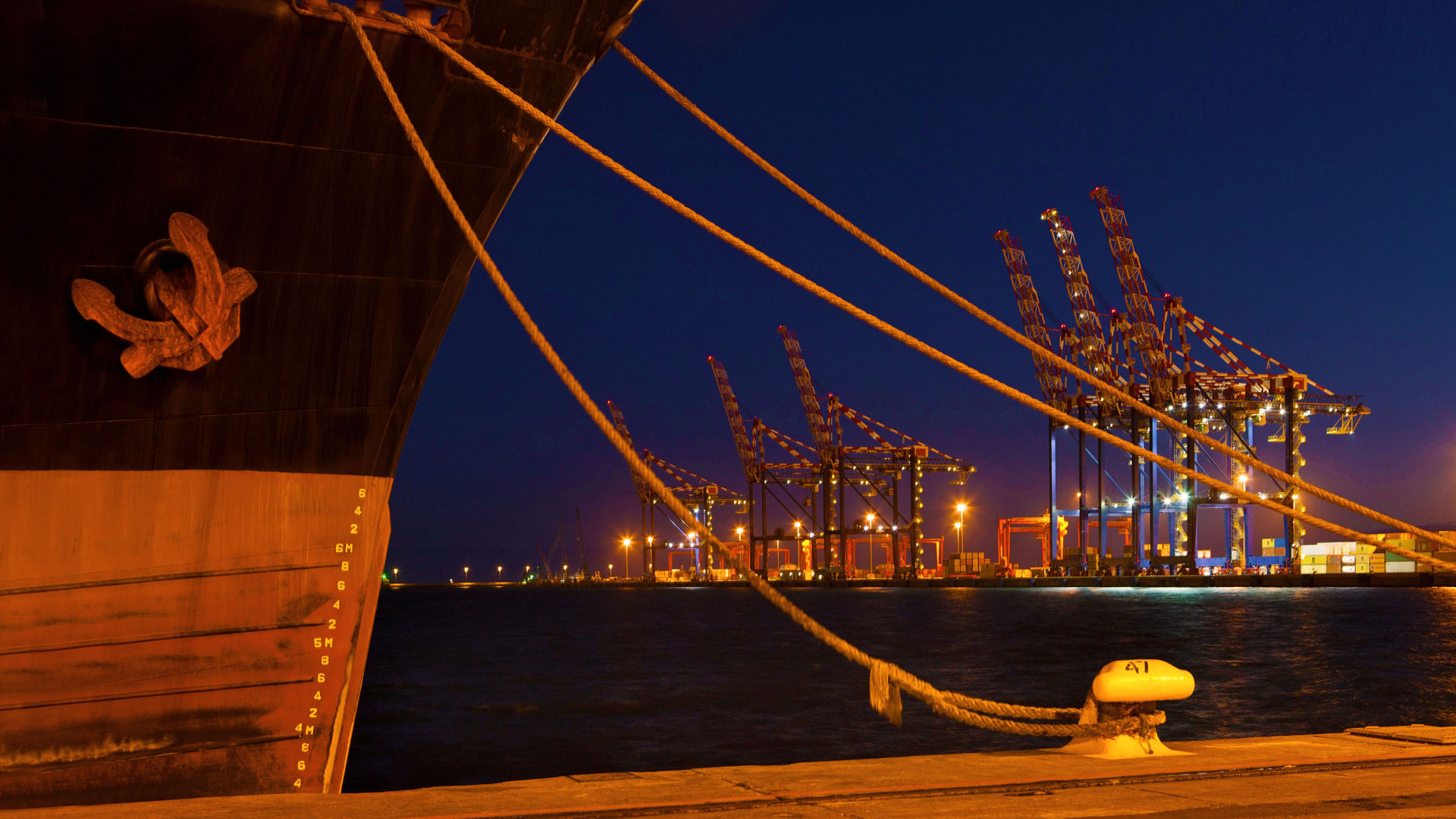Oil Burner Safety: Tips for Preventing Accidents and Leaks
Oil burners are a common heating system used in many homes and businesses. While they provide effective and reliable warmth, it’s important to ensure they are used safely to prevent accidents and leaks that can lead to fires, explosions, or environmental contamination. By following some simple tips and guidelines, you can keep your oil burner running smoothly and safely.
Here are some key tips for preventing accidents and leaks:
1. Regular Maintenance: One of the most important things you can do to keep your oil burner safe is to schedule regular maintenance by a qualified technician. This includes cleaning and inspecting the burner, as well as checking for any signs of wear or damage. Regular maintenance can help identify and fix potential issues before they turn into safety hazards.
2. Proper Installation: It’s essential to ensure that your oil burner is installed correctly and in accordance with local building codes and regulations. This includes proper venting and clearances to combustible materials. If you’re installing a new oil burner, be sure to hire a licensed professional to do the job.
3. Monitor for Leaks: Regularly check for any signs of oil leaks around the burner, tank, or oil lines. If you notice any oil spots or a strong smell of oil, it’s important to address the issue immediately. Leaks can pose a serious safety hazard and should be repaired as soon as possible.
4. Use a Carbon Monoxide Detector: Oil burners can produce carbon monoxide, a colorless and odorless gas that can be deadly. To protect yourself and your family, install a carbon monoxide detector near the burner and in sleeping areas. Be sure to test the detector regularly to ensure it’s functioning properly.
5. Proper Fuel Storage: If you have an oil tank for your burner, it’s important to store the fuel properly. Be sure to use a high-quality tank that is designed for oil storage and keep it well-maintained. Regularly check for signs of rust, corrosion, or leakage, and address any issues promptly.
By following these tips and guidelines, you can help ensure the safe and effective operation of your oil burner. However, it’s important to note that this article is for informational purposes only. For specific safety guidelines and regulations, be sure to consult with a licensed professional.
FAQs:
Q: How often should I have my oil burner serviced?
A: It’s recommended to have your oil burner serviced once a year by a qualified technician. This will help ensure that it’s running efficiently and safely.
Q: What should I do if I suspect an oil leak?
A: If you suspect an oil leak, it’s important to act quickly. Contact a licensed technician to inspect and repair the issue. In the meantime, ventilate the area and avoid using any open flames or electrical devices.
Q: Can I install an oil burner myself?
A: It’s highly recommended to hire a licensed professional for the installation of an oil burner. This will ensure that it’s done correctly and safely.
Q: What should I do if my carbon monoxide detector goes off?
A: If your carbon monoxide detector goes off, evacuate the building immediately and call emergency services. Do not re-enter the building until it has been declared safe by a professional.
In conclusion, oil burners can provide efficient and reliable heating, but it’s crucial to use them safely to prevent accidents and leaks. By following the tips and guidelines in this article, you can help ensure the safe operation of your oil burner. If you have any specific questions or concerns, be sure to consult with a licensed professional for personalized advice.
Oil Burner Safety: Tips for Preventing Accidents and Leaks




